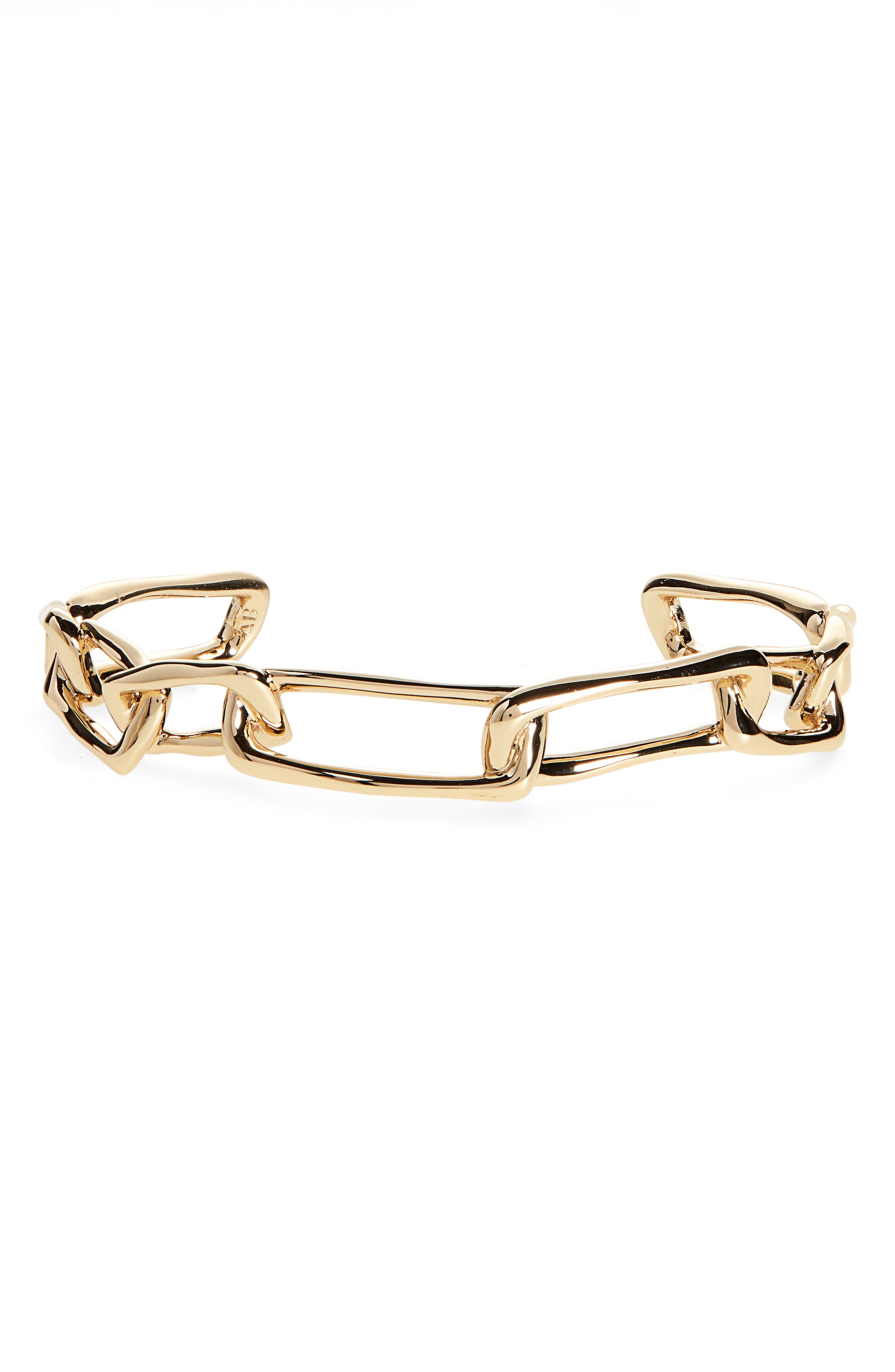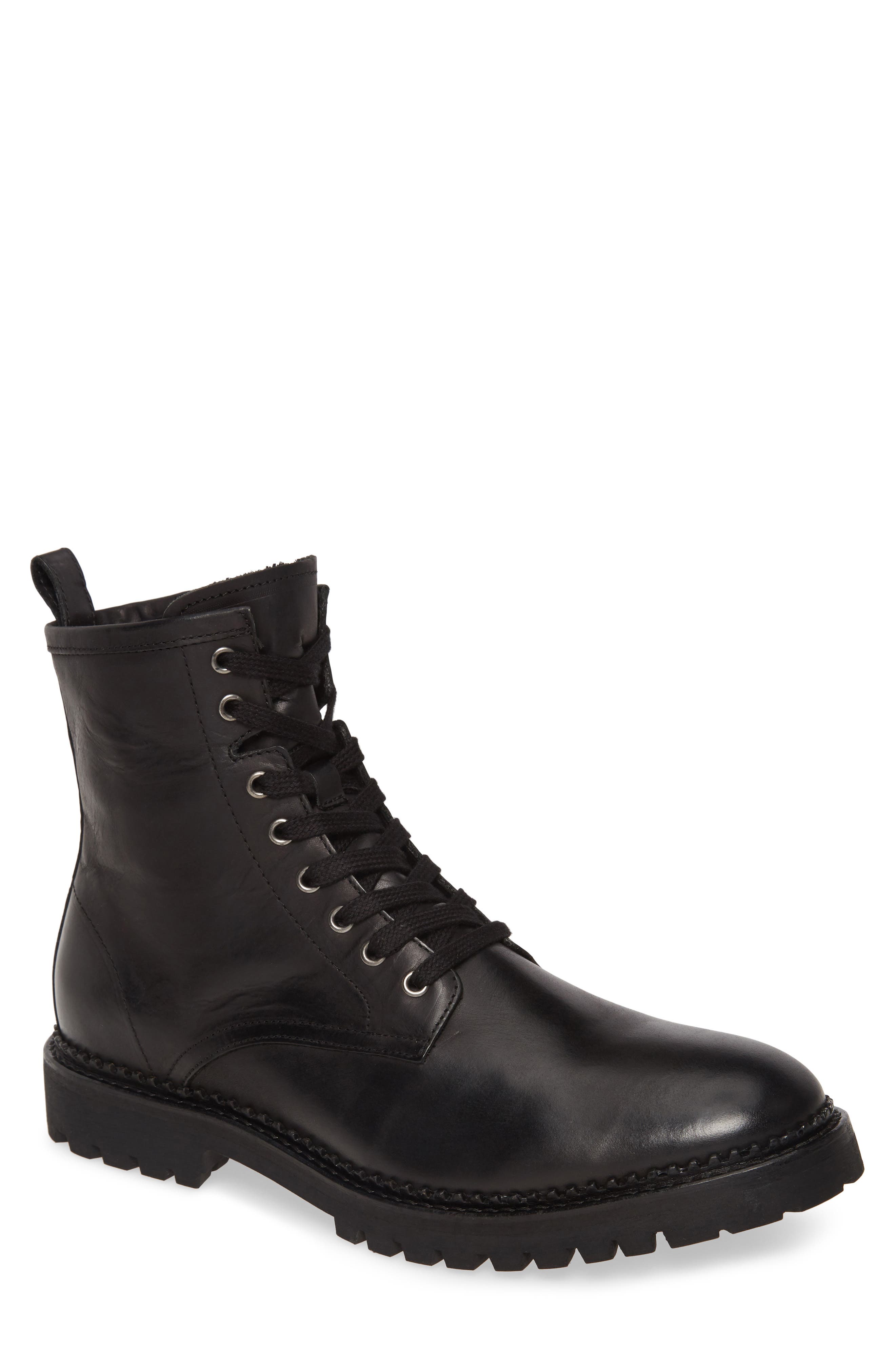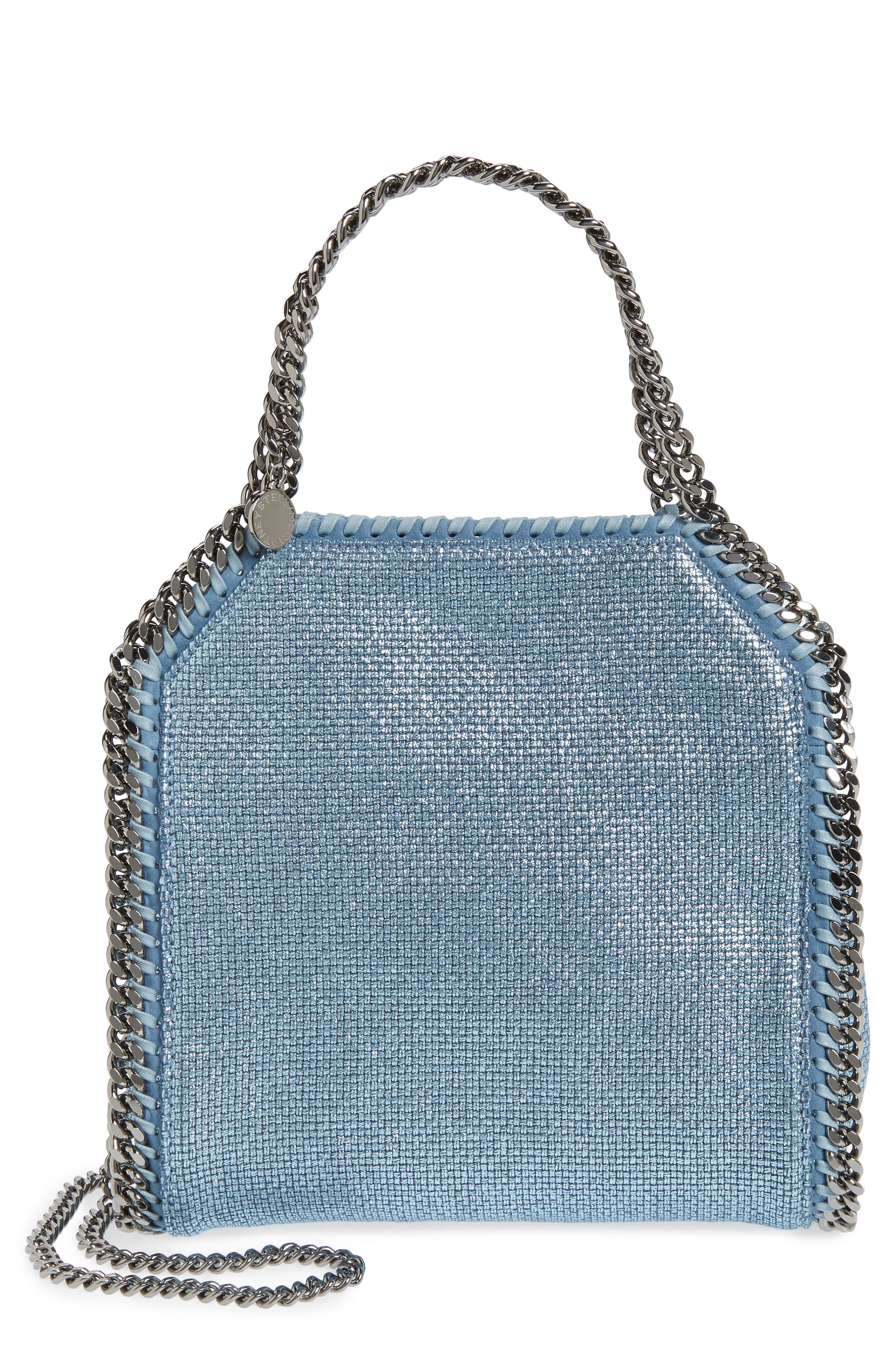Fine-tune Models#
Although CLIP-as-service has provided you a list of pre-trained models, you can also fine-tune your models. This guide will show you how to use Finetuner to fine-tune models and use them in CLIP-as-service.
For installation and basic usage of Finetuner, please refer to Finetuner documentation. You can also learn more details about fine-tuning CLIP.
This tutorial requires finetuner >=v0.6.4, clip_server >=v0.6.0.
Prepare Training Data#
Finetuner accepts training data and evaluation data in the form of DocumentArray.
The training data for CLIP is a list of (text, image) pairs.
Each pair is stored in a Document which wraps two chunks with image and text modality respectively.
You can push the resulting DocumentArray to the cloud using the push() method.
We use fashion captioning dataset as a sample dataset in this tutorial. The following are examples of descriptions and image urls from the dataset. We also include a preview of each image.
Description |
Image URL |
Preview |
|---|---|---|
subtly futuristic and edgy this liquid metal cuff bracelet is shaped from sculptural rectangular link |
https://n.nordstrommedia.com/id/sr3/ |
|
high quality leather construction defines a hearty boot one-piece on a tough lug sole |
https://n.nordstrommedia.com/id/sr3/ |
|
this shimmering tricot knit tote is traced with decorative whipstitching and diamond cut chain the two hallmark of the falabella line |
https://n.nordstrommedia.com/id/sr3/ |
|
… |
… |
… |
You can use the following script to transform the first three entries of the dataset to a DocumentArray and push it to the cloud using the name fashion-sample.
from docarray import Document, DocumentArray
train_da = DocumentArray(
[
Document(
chunks=[
Document(
content='subtly futuristic and edgy this liquid metal cuff bracelet is shaped from sculptural rectangular link',
modality='text',
),
Document(
uri='https://n.nordstrommedia.com/id/sr3/58d1a13f-b6b6-4e68-b2ff-3a3af47c422e.jpeg',
modality='image',
),
],
),
Document(
chunks=[
Document(
content='high quality leather construction defines a hearty boot one-piece on a tough lug sole',
modality='text',
),
Document(
uri='https://n.nordstrommedia.com/id/sr3/21e7a67c-0a54-4d09-a4a4-6a0e0840540b.jpeg',
modality='image',
),
],
),
Document(
chunks=[
Document(
content='this shimmering tricot knit tote is traced with decorative whipstitching and diamond cut chain the two hallmark of the falabella line',
modality='text',
),
Document(
uri='https://n.nordstrommedia.com/id/sr3/1d8dd635-6342-444d-a1d3-4f91a9cf222b.jpeg',
modality='image',
),
],
),
]
)
train_da.push('fashion-sample')
The full dataset has been converted to clip-fashion-train-data and clip-fashion-eval-data and pushed to the cloud which can be directly used in Finetuner.
Start Finetuner#
You may now create and run a fine-tuning job after login to Jina ecosystem.
import finetuner
finetuner.login()
run = finetuner.fit(
model='ViT-B-32::openai',
run_name='clip-fashion',
train_data='clip-fashion-train-data',
eval_data='clip-fashion-eval-data', # optional
epochs=5,
learning_rate=1e-5,
loss='CLIPLoss',
to_onnx=True,
)
After the job started, you may use status() to check the status of the job.
import finetuner
finetuner.login()
run = finetuner.get_run('clip-fashion')
print(run.status())
When the status is FINISHED, you can download the tuned model to your local machine.
import finetuner
finetuner.login()
run = finetuner.get_run('clip-fashion')
run.save_artifact('clip-model')
You should now get a zip file containing the tuned model named clip-fashion.zip under the folder clip-model.
Use the Model#
After unzipping the model you get from the previous step, a folder with the following structure will be generated:
.
└── clip-fashion/
├── config.yml
├── metadata.yml
├── metrics.yml
└── models/
├── clip-text/
│ ├── metadata.yml
│ └── model.onnx
├── clip-vision/
│ ├── metadata.yml
│ └── model.onnx
└── input-map.yml
Since the tuned model generated from Finetuner contains richer information such as metadata and config, we now transform it to simpler structure used by CLIP-as-service.
Firstly, create a new folder named
clip-fashion-casor name of your choice. This will be the storage of the models to use in CLIP-as-service.Secondly, copy the textual model
clip-fashion/models/clip-text/model.onnxinto the folderclip-fashion-casand rename the model totextual.onnx.Similarly, copy the visual model
clip-fashion/models/clip-vision/model.onnxinto the folderclip-fashion-casand rename the model tovisual.onnx.
This is the expected structure of clip-fashion-cas:
.
└── clip-fashion-cas/
├── textual.onnx
└── visual.onnx
In order to use the fine-tuned model, create a custom YAML file finetuned_clip.yml like below. Learn more about Flow YAML configuration and clip_server YAML configuration.
jtype: Flow
version: '1'
with:
port: 51000
executors:
- name: clip_o
uses:
jtype: CLIPEncoder
metas:
py_modules:
- clip_server.executors.clip_onnx
with:
name: ViT-B-32::openai
model_path: 'clip-fashion-cas' # path to clip-fashion-cas
replicas: 1
You can use finetuner.describe_models() to check the supported models in finetuner, you should see:
Finetuner backbones
┏━━━━━━━━━━━━━━━━━━━━━━━━━━━━━━━━━━━━━━━━━━━━━━━━━━┳━━━━━━━━━━━━━━━━┳━━━━━━━━━━━━┳━━━━━━━━━━━━━━┳━━━━━━━━━━━━━━━━━━━━━━━━━━━━━━━━━━━━━━━━━━━━━━━━━━━━━━━━━━━━┓
┃ name ┃ task ┃ output_dim ┃ architecture ┃ description ┃
┡━━━━━━━━━━━━━━━━━━━━━━━━━━━━━━━━━━━━━━━━━━━━━━━━━━╇━━━━━━━━━━━━━━━━╇━━━━━━━━━━━━╇━━━━━━━━━━━━━━╇━━━━━━━━━━━━━━━━━━━━━━━━━━━━━━━━━━━━━━━━━━━━━━━━━━━━━━━━━━━━┩
│ bert-base-cased │ text-to-text │ 768 │ transformer │ BERT model pre-trained on BookCorpus and English Wikipedia │
│ openai/clip-vit-base-patch16 │ text-to-image │ 512 │ transformer │ CLIP base model with patch size 16 │
│ openai/clip-vit-base-patch32 │ text-to-image │ 512 │ transformer │ CLIP base model │
│ openai/clip-vit-large-patch14-336 │ text-to-image │ 768 │ transformer │ CLIP large model for 336x336 images │
│ openai/clip-vit-large-patch14 │ text-to-image │ 1024 │ transformer │ CLIP large model with patch size 14 │
│ efficientnet_b0 │ image-to-image │ 1280 │ cnn │ EfficientNet B0 pre-trained on ImageNet │
│ efficientnet_b4 │ image-to-image │ 1792 │ cnn │ EfficientNet B4 pre-trained on ImageNet │
│ RN101::openai │ text-to-image │ 512 │ transformer │ Open CLIP "RN101::openai" model │
│ RN101-quickgelu::openai │ text-to-image │ 512 │ transformer │ Open CLIP "RN101-quickgelu::openai" model │
│ RN101-quickgelu::yfcc15m │ text-to-image │ 512 │ transformer │ Open CLIP "RN101-quickgelu::yfcc15m" model │
│ RN101::yfcc15m │ text-to-image │ 512 │ transformer │ Open CLIP "RN101::yfcc15m" model │
│ RN50::cc12m │ text-to-image │ 1024 │ transformer │ Open CLIP "RN50::cc12m" model │
│ RN50::openai │ text-to-image │ 1024 │ transformer │ Open CLIP "RN50::openai" model │
│ RN50-quickgelu::cc12m │ text-to-image │ 1024 │ transformer │ Open CLIP "RN50-quickgelu::cc12m" model │
│ RN50-quickgelu::openai │ text-to-image │ 1024 │ transformer │ Open CLIP "RN50-quickgelu::openai" model │
│ RN50-quickgelu::yfcc15m │ text-to-image │ 1024 │ transformer │ Open CLIP "RN50-quickgelu::yfcc15m" model │
│ RN50x16::openai │ text-to-image │ 768 │ transformer │ Open CLIP "RN50x16::openai" model │
│ RN50x4::openai │ text-to-image │ 640 │ transformer │ Open CLIP "RN50x4::openai" model │
│ RN50x64::openai │ text-to-image │ 1024 │ transformer │ Open CLIP "RN50x64::openai" model │
│ RN50::yfcc15m │ text-to-image │ 1024 │ transformer │ Open CLIP "RN50::yfcc15m" model │
│ ViT-B-16::laion400m_e31 │ text-to-image │ 512 │ transformer │ Open CLIP "ViT-B-16::laion400m_e31" model │
│ ViT-B-16::laion400m_e32 │ text-to-image │ 512 │ transformer │ Open CLIP "ViT-B-16::laion400m_e32" model │
│ ViT-B-16::openai │ text-to-image │ 512 │ transformer │ Open CLIP "ViT-B-16::openai" model │
│ ViT-B-16-plus-240::laion400m_e31 │ text-to-image │ 640 │ transformer │ Open CLIP "ViT-B-16-plus-240::laion400m_e31" model │
│ ViT-B-16-plus-240::laion400m_e32 │ text-to-image │ 640 │ transformer │ Open CLIP "ViT-B-16-plus-240::laion400m_e32" model │
│ ViT-B-32::laion2b_e16 │ text-to-image │ 512 │ transformer │ Open CLIP "ViT-B-32::laion2b_e16" model │
│ ViT-B-32::laion400m_e31 │ text-to-image │ 512 │ transformer │ Open CLIP "ViT-B-32::laion400m_e31" model │
│ ViT-B-32::laion400m_e32 │ text-to-image │ 512 │ transformer │ Open CLIP "ViT-B-32::laion400m_e32" model │
│ ViT-B-32::openai │ text-to-image │ 512 │ transformer │ Open CLIP "ViT-B-32::openai" model │
│ ViT-B-32-quickgelu::laion400m_e31 │ text-to-image │ 512 │ transformer │ Open CLIP "ViT-B-32-quickgelu::laion400m_e31" model │
│ ViT-B-32-quickgelu::laion400m_e32 │ text-to-image │ 512 │ transformer │ Open CLIP "ViT-B-32-quickgelu::laion400m_e32" model │
│ ViT-B-32-quickgelu::openai │ text-to-image │ 512 │ transformer │ Open CLIP "ViT-B-32-quickgelu::openai" model │
│ ViT-L-14-336::openai │ text-to-image │ 768 │ transformer │ Open CLIP "ViT-L-14-336::openai" model │
│ ViT-L-14::openai │ text-to-image │ 768 │ transformer │ Open CLIP "ViT-L-14::openai" model │
│ resnet152 │ image-to-image │ 2048 │ cnn │ ResNet152 pre-trained on ImageNet │
│ resnet50 │ image-to-image │ 2048 │ cnn │ ResNet50 pre-trained on ImageNet │
│ sentence-transformers/msmarco-distilbert-base-v3 │ text-to-text │ 768 │ transformer │ Pretrained BERT, fine-tuned on MS Marco │
└──────────────────────────────────────────────────┴────────────────┴────────────┴──────────────┴───────────────────────────────────────────────────────────
You can now start the clip_server using fine-tuned model to get a performance boost:
python -m clip_server finetuned_clip.yml
That’s it, enjoy 🚀



